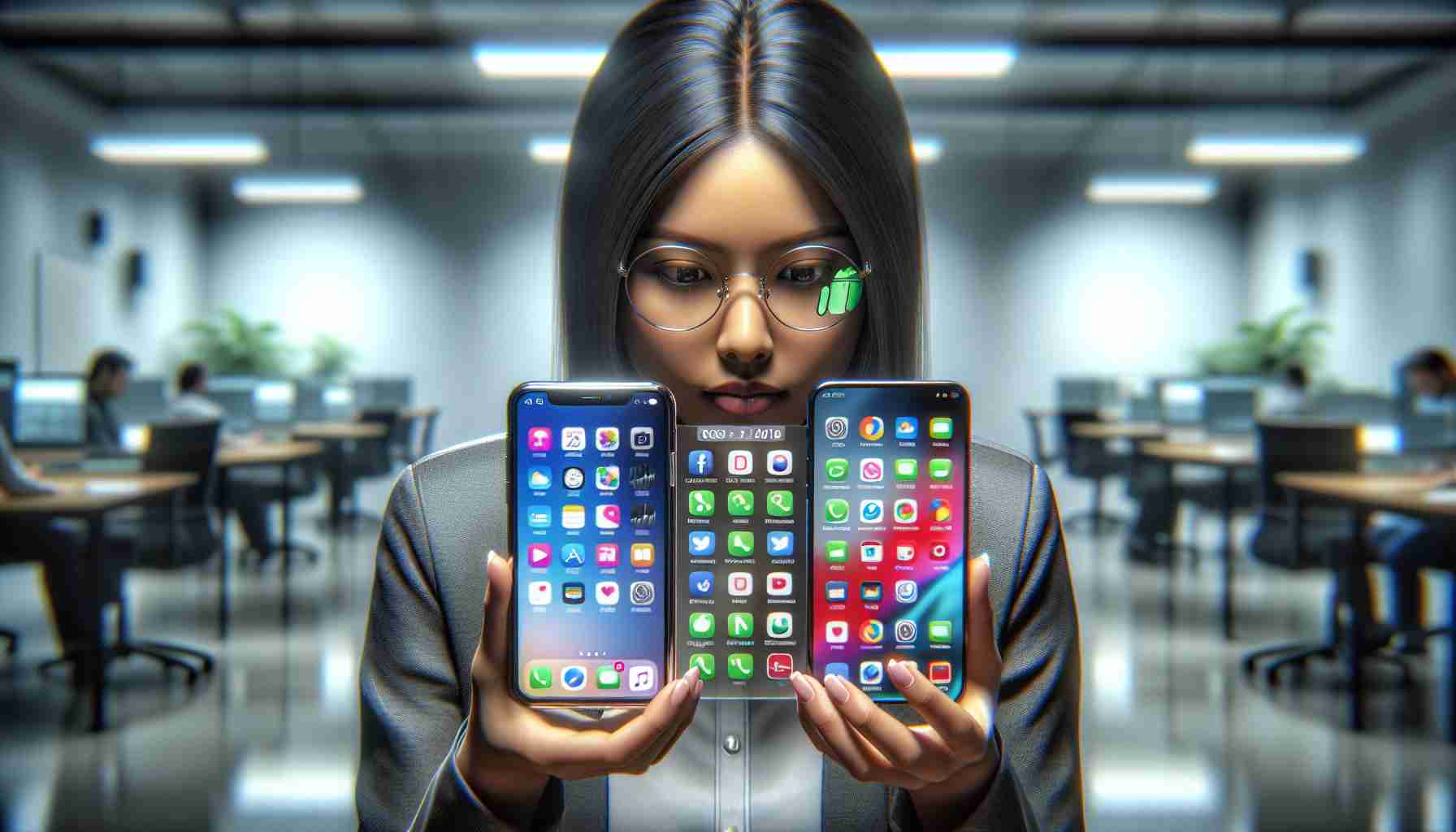When it’s time to upgrade your smartphone, one of the most important decisions you’ll have to make is whether to choose an iPhone or an Android device. While both operating systems, iOS and Android, are highly functional and reliable, they do have some distinct differences that might influence your decision.
Design:
iPhones are known for their sleek and consistent design. If you opt for an iPhone, you can expect to have limited customization options and a relatively small range of models to choose from. On the other hand, Android phones offer a wide variety of form factors and manufacturers. Whether you prefer a compact device like the Google Pixel 8 or a more extravagant option like the Samsung Galaxy S24 Ultra, Android provides flexibility in terms of size and design.
Security:
When it comes to unlocking your device, iPhone and Android use different methods. iPhones utilize FaceID, a facial recognition feature that has proven to be highly reliable. In case of any issues with FaceID, you can unlock your iPhone using a passcode. Android devices, on the other hand, commonly have fingerprint sensors located either on the side or beneath the screen. In addition to the passcode backup, Android does not allow the bypassing of biometric authentication for individual apps, offering an extra layer of security.
Home Screen:
Personalizing your home screen is an essential part of the smartphone experience. Android excels in this aspect, allowing users to customize the home screen with widgets, icons, and a variety of layouts. With options for multiple columns and rows, Android provides a canvas for users to tailor their home screen to their preference. In contrast, iPhones have limited flexibility in app icon placement and offer a fixed number of rows and columns. Additionally, apps on iPhones automatically settle into the first available slot, making customization challenging.
In conclusion, choosing between an iPhone and an Android device ultimately depends on your personal preferences. If you value a consistent design and ease of use, an iPhone might be the right choice for you. However, if you prioritize customization and a wide range of options, an Android device could be the better fit. Consider these key differences to make an informed decision and find the smartphone that best suits your needs.
FAQ
1. What are the main differences between iPhones and Android devices?
– iPhones have a sleek and consistent design, while Android devices offer a wide variety of form factors and manufacturers.
– iPhones utilize FaceID for device unlocking, while Android devices commonly have fingerprint sensors.
– Android allows for more personalized home screen customization compared to iPhones.
2. Do iPhones have customization options?
– iPhones have limited customization options, particularly in terms of app icon placement and home screen layout.
3. Are Android devices more secure than iPhones?
– Both iPhones and Android devices offer security features, but they use different methods. iPhones use FaceID for facial recognition, while Android devices have fingerprint sensors. Additionally, Android does not allow bypassing biometric authentication for individual apps, providing an extra layer of security.
Definitions
– iOS: The operating system developed by Apple for iPhones.
– Android: The operating system developed by Google for a wide range of devices, including smartphones and tablets.
– Form factors: The physical design and shape of a device.
– Facial recognition: A biometric technology that uses facial features to authenticate and unlock a device.
– Passcode: A security measure that requires a user to enter a specific code to unlock a device or access certain features.
– Biometric authentication: The use of unique physical or behavioral characteristics, such as fingerprints or facial features, to verify a user’s identity.
Suggested Related Links
The source of the article is from the blog krama.net
